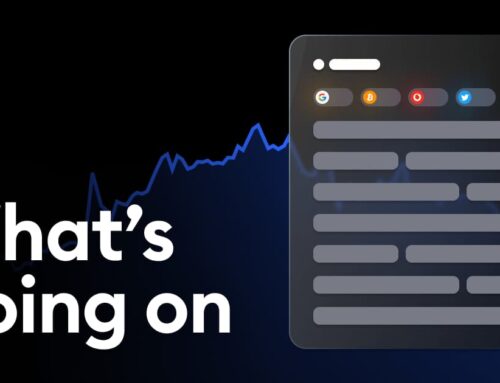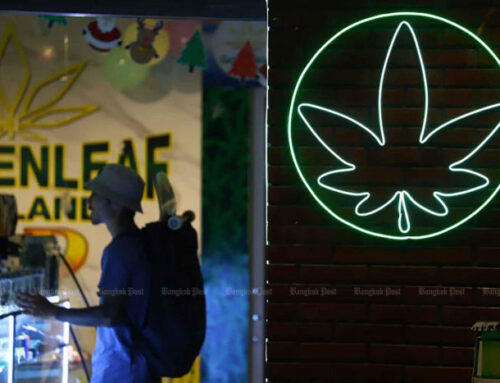Hemp businesses sue Maryland over cannabis licensing, seized products
June 16, 2025

An industry group asked a federal judge Monday to order Maryland regulators to treat businesses selling hemp products like CBD and delta-8 as though they held recreational cannabis licenses from the state.
The sweeping request claims that the state is using new cannabis laws to push unlicensed hemp businesses out of the legal marijuana industry, despite a state judge ruling two years ago that eliminating them outright was unconstitutional. It came as part of a lawsuit seeking to dismantle major sections of the state’s cannabis licensing system, which industry-watchers have hailed for its focus on social equity and public health.
The Maryland Hemp Coalition, joined by 10 business owners and a consumer of the products, alleged in a complaint earlier this month that Maryland laws illegally regulate hemp-derived products that are legal at the federal level and that state agents are now selectively enforcing “erroneous testing standards” to seize items from shelves. The 40-page complaint also attacks laws that cap how many cannabis licenses can exist and how they’re issued, taking aim at Maryland’s social equity provisions and the lottery for new businesses.
Annapolis attorney Nevin Young, who is representing the group, said Maryland’s licensing system was an unnecessary control intended to inflate cannabis prices and increase the value of a state-sanctioned business.
“It’s really just communist cannabis,” he said.
Recreational cannabis is legal in Maryland and illegal under federal law, though hemp-derived products, which contain significantly less of marijuana’s main psychoactive ingredient but can still be intoxicating, are sitting in a legal limbo. Those products are technically legal at the federal level, though when Maryland legalized recreational cannabis on July 1, 2023, state lawmakers attempted to shut down the unregulated industry by requiring stores that sell such products to be licensed. A Washington County judge temporarily struck down that provision in 2023.
Since then, both the hemp industry and the state have been waiting on the Maryland Appellate Court to issue a more decisive ruling — and both have doubled down on their efforts.
The coalition of hemp businesses went a step further in their lawsuit filed earlier this month, seeking to chop away at central tenets of the state’s cannabis licensing system. It asks for a federal judge to rule that the state’s social equity program, limits on the number of cannabis licenses that exist and how they’re issued, are unconstitutional.
Falling outside of the recreational cannabis market, hemp-derived products have largely remained unregulated, while Maryland’s laws for legal cannabis have stringent health and safety restrictions ranging from product testing to packaging. Last legislative session, state lawmakers worked around the 2023 ruling and passed more regulations for hemp-derived products and empowered officers who enforce cannabis laws to seize unlicensed items. The hemp businesses said in the lawsuit that there have been several such seizures already in Baltimore, accusing the state of not testing the products fairly.
Levi Sellers, president of the hemp coalition, said in a statement that the new law was “a model of regulatory overreach and economic favoritism,” accusing the state of “stripping the rights of compliant hemp businesses and handing the market to politically connected cannabis dispensaries.”
The Maryland Cannabis Administration declined to comment on the pending litigation.
Hemp generally has very low amounts of intoxicating compounds like delta-9 THC, the main intoxicating compound in cannabis. A federal law passed in 2018 allows hemp to be grown and processed as long as the plant and any derivatives are less than 0.3% delta-9 THC by weight. But there are more than 100 other cannabinoids found within both cannabis and hemp, and processors can use chemical treatments to synthesize some cannabinoids while removing others. The federal legalization of hemp prompted a proliferation in products using delta-8, delta-10, CBD and CBG that skirt drug laws but can still produce intoxicating effects.
Not facing the same regulatory oversight as cannabis, hemp products are often cheaper and are readily available for purchase at gas stations and smoke shops rather than licensed dispensaries. Experts and cannabis industry leaders expressed public health concerns after Maryland hiked its sales tax on recreational cannabis products, warning that the increase could push some consumers toward unregulated hemp and other untested products.
Existing in somewhat of a gray market in Maryland over the past several years, local hemp businesses have been able to grow, process and sell their products without the need for a cannabis license. The hemp coalition argues that new state laws, such as one targeting low-THC “cannabinoid beverages,” aim to keep them out of the industry and give state license-holders a monopoly over products that are legal under federal law.
Licenses are a costly barrier to entry that’s difficult to obtain, the group claims, alleging that the licensing system unlawfully restricts federally legal products from being sold across state lines, and that some requirements to get a cannabis license violate the 14th Amendment.
The state issued 205 new licenses last year via its social equity lottery, which aimed to share the benefits of legal cannabis with communities that were disadvantaged by marijuana prohibition. The lottery was at random, though entry was limited to applicants who grew up in an area or attended a school disproportionately impacted by the war on drugs. The lawsuit describes that lottery as a “monopolized licensing scheme thinly disguised as being focused upon ‘social equity’” that has “no rational relationship to any public safety or health concerns.”
The state is required to respond to the complaint in the U.S. District Court for Maryland before the end of the month.
Have a news tip? Contact Dan Belson at dbelson@baltsun.com, on X as @DanBelson_ or on Signal as @danbels.62.
RevContent Feed
Search
RECENT PRESS RELEASES
Related Post






